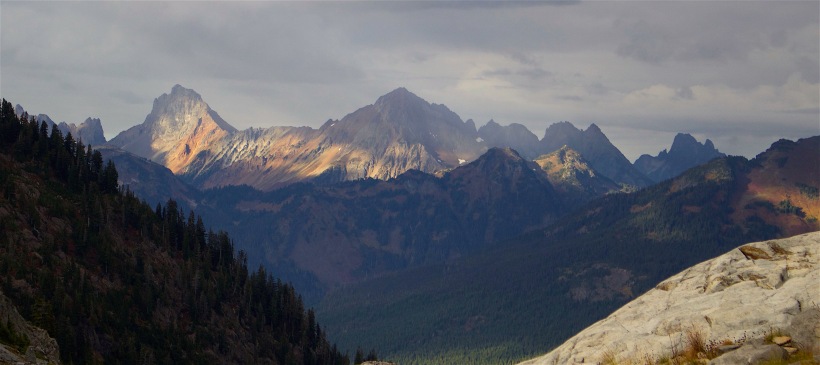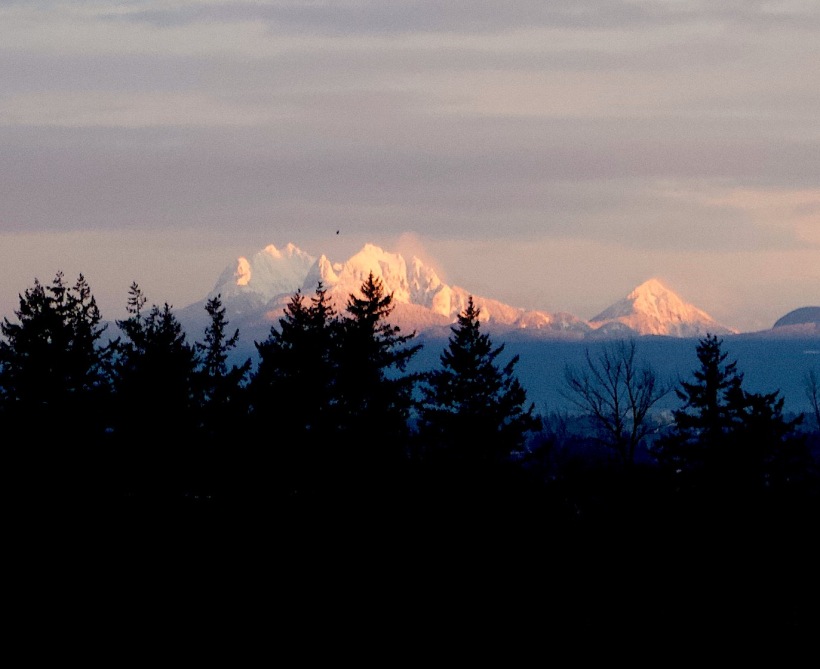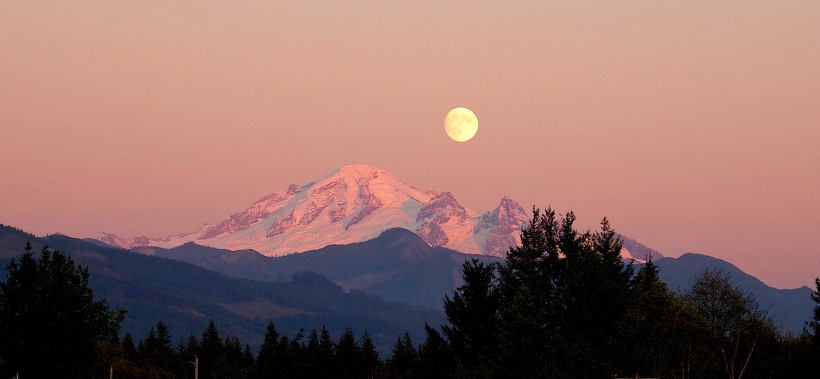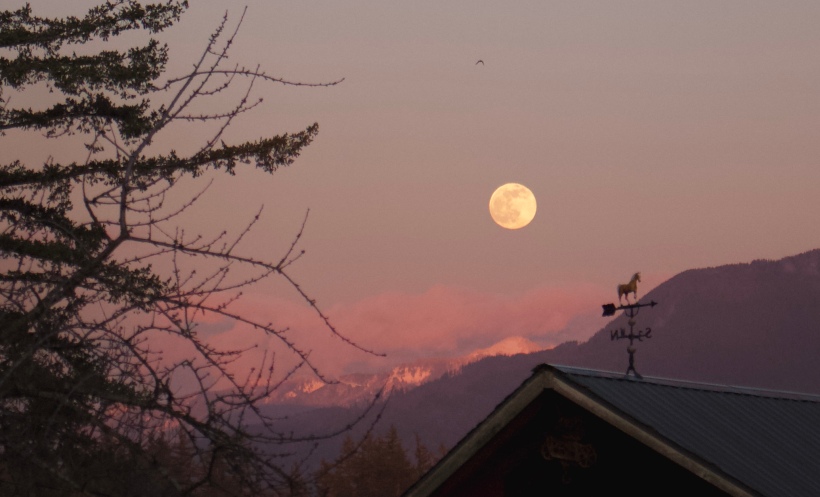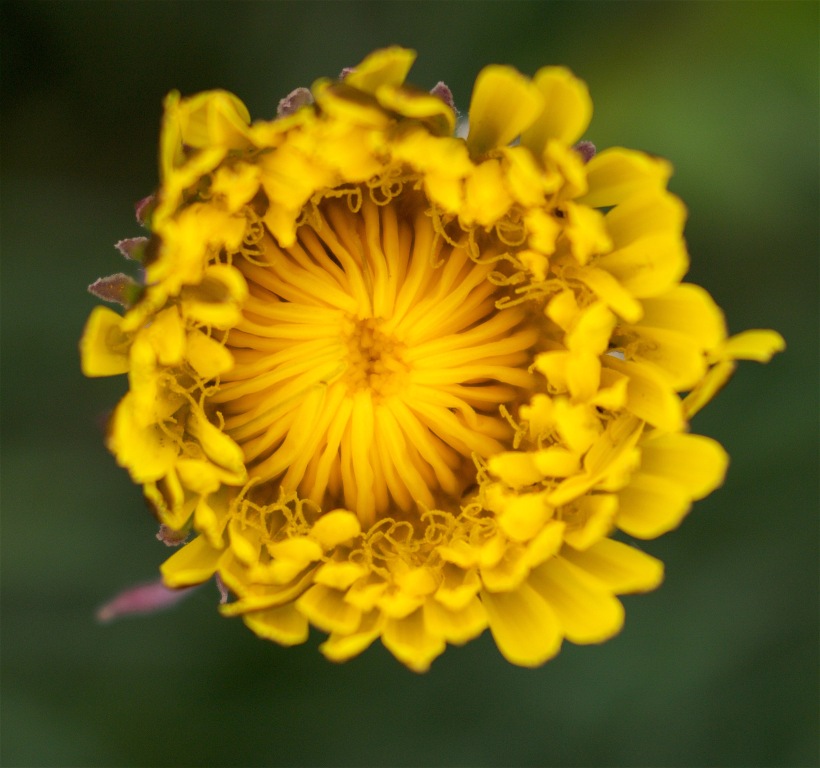
In a daring and beautiful creative reversal,
God takes the worse we can do to Him
and turns it into the very best He can do for us.
~Malcolm Guite from The Word in the Wilderness

See, my servant will act wisely;
he will be raised and lifted up and highly exalted.
14 Just as there were many who were appalled at him—
his appearance was so disfigured beyond that of any human being
and his form marred beyond human likeness—
15 so he will sprinkle many nations,
and kings will shut their mouths because of him.
For what they were not told, they will see,
and what they have not heard, they will understand.
Isaiah 52: 13-15

When I was wounded
whether by God, the devil, or myself
—I don’t know yet which—
it was seeing the sparrows again
and clumps of clover, after three days,
that told me I hadn’t died.
When I was young,
all it took were those sparrows,
those lush little leaves,
for me to sing praises,
dedicate operas to the Lord.
But a dog who’s been beaten
is slow to go back to barking
and making a fuss over his owner
—an animal, not a person
like me who can ask:
Why do you beat me?
Which is why, despite the sparrows and the clover,
a subtle shadow still hovers over my spirit.
May whoever hurt me, forgive me.
~Adelia Prado “Divine Wrath” translated from Brazilian Portuguese by Ellen Doré Watson

Emmet Till’s mother
speaking over the radio
She tells in a comforting voice
what it was like to touch her dead boy’s face,
how she’d lingered and traced
the broken jaw, the crushed eyes–
the face that badly beaten, disfigured—
before confirming his identity.
And then she compares his face to
the face of Jesus, dying on the cross.
This mother says no, she’d not recognize
her Lord, for he was beaten far, far worse
than the son she loved with all her heart.
For, she said, she could still discern her son’s curved earlobe,
but the face of Christ
was beaten to death by the whole world.
~Richard Jones “The Face” from Between Midnight and Dawn

Too many people today continue to be crushed, disfigured, beaten and left for dead–
for taking a stand, or being the wrong color, the wrong faith, the wrong tribe, or simply being different enough to trigger distrust and hatred.
And so it was with our Lord. He walked into the hornet’s nest of Jerusalem fully knowing such an overwhelming attack was coming.
Crushed, broken and delivered into His Father’s arms as His mother wept over Him.
Yet He took the worst that could be done to Him and turned it into the best that He could do for us. We are stung forever by His Love.






